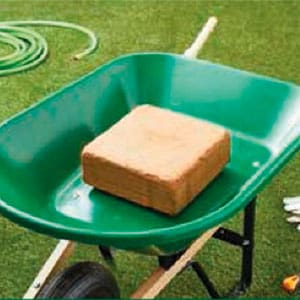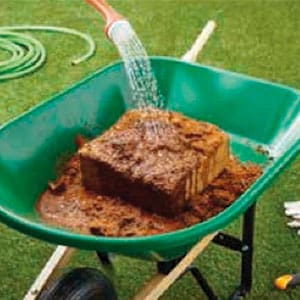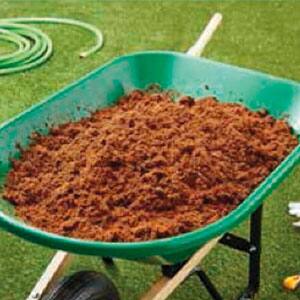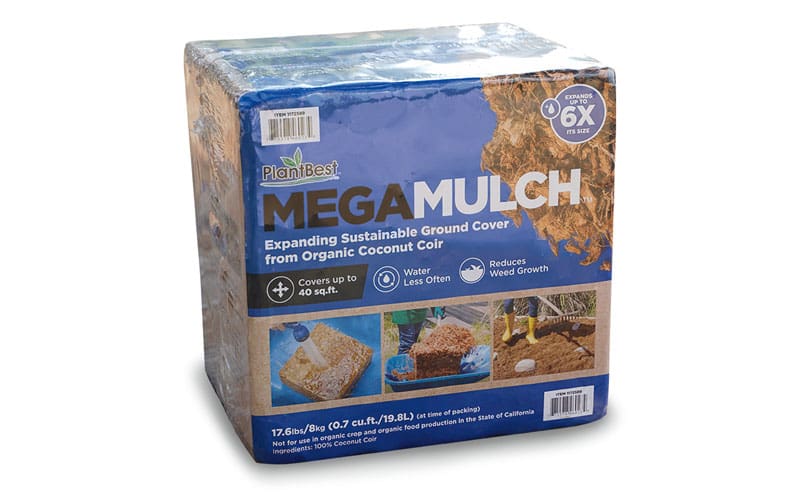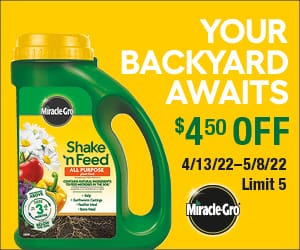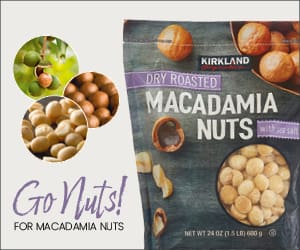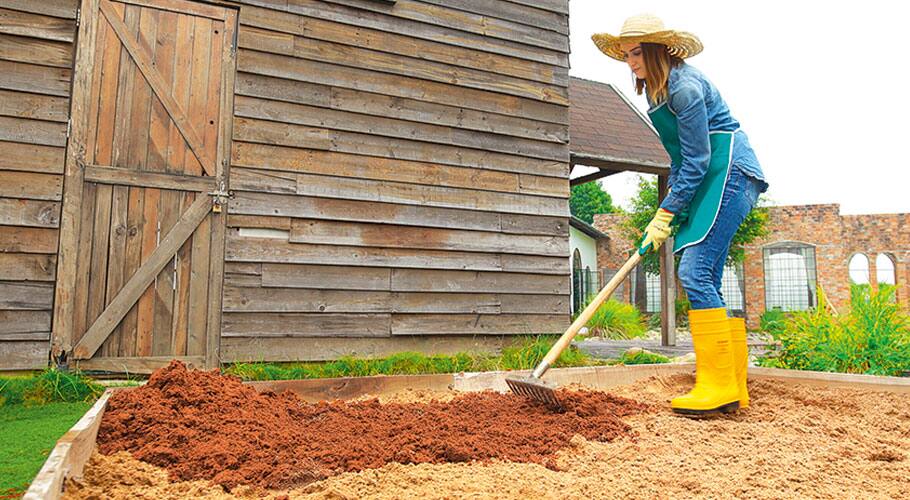
Crazy for coconuts
Sustainable and renewable coconut coir products are revolutionizing gardening
Surprisingly, Thijs Millenaar, founder of garden supply company PlantBest, Inc., isn’t a gardener.
“I’m ... quite bad,” admits Millenaar, whose company is a Costco supplier. “But my interest is in sustainability and renewability and the wellness of the planet.”
Since PlantBest’s founding in 2002, its goal has been to develop sustainable materials and products that help the planet without sacrificing function. “Not only do [gardeners] like to grow plants, but they’re generally quite environmentally conscious,” Millenaar says. “To think that you work with materials that are sold and presented in an environmentally thoughtful way in the face of climate change is going to get more and more important.”
In addition to facilitating growing a variety of plants, PlantBest products, such as MegaMulch and IncrediSoil, are made with environmental interests in mind.
Rooted in renewability
During a trip to Vietnam, Millenaar noted that the woody outer husks of coconuts, essentially the waste product of coconut milk and coconut flesh, were being sourced for their fiber. Known as coconut coir, this fiber was being used as a stuffing for car and boat seats and mattresses. He was especially interested to learn that, by leaching out the salt, this byproduct could also be used to make compressed soils and mulches for gardening.
“Coconuts are also a highly renewable resource—they can be harvested every 75 days without harming the tree, and a single tree can produce up to 150 coconuts a year,” Millenaar tells the Connection from his home in Ontario, Canada. “But it’s also really important to think about coir products as being peat-free. By that I mean if you’re using coconut-coir-based soil and mulch products, then you’re not contributing to the environmental harm caused by peat harvesting.”
Traditionally, peat moss is used in gardening as a soil amendment. However, it typically takes up to 220 years to replace one year of peat moss harvested from peat bogs, many of which are in Canada, Millenaar says.
Fantastic fiber
Today, PlantBest collects coconut husks from Vietnam as well as India, where husks are plentiful. By purchasing from farmers, small landholders and even families, PlantBest is helping to support a sustainable rural life in these countries. PlantBest’s three partner factories in India and two partner factories in Vietnam turn the collected husks into gardening products.
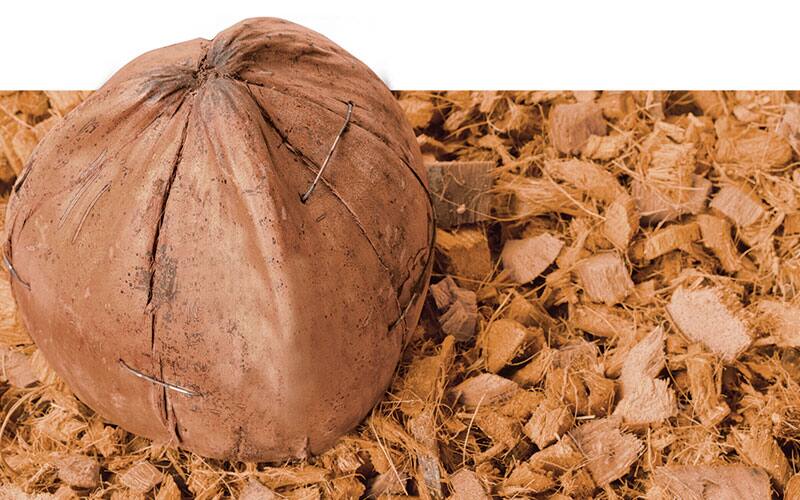
Coconut coir has the ability to manage weather extremes, which contributes to water conservation. “If you get periods of heavy rain, it can absorb lots of water, and then if you have drought conditions, that ability to hold moisture longer means roots and soil can draw water from that coir, meaning you don’t have to water your garden as often,” Millenaar says.
Coconut coir products come in a concentrated form of small, compressed, lightweight blocks, which are easy to carry, transport and store. Rehydrated and aerated coconut coir soil and mulch products expand up to six times and take two years to decompose.
“There are just so many other benefits with the products we are creating from coconut coir,” Millenaar says. “They can prevent soil erosion, and coconut coir also has natural anti-mold and anti-fungal properties. And finally, because this is an all-natural product, there’s nothing that’s going to harm or pollute your soil over the long term.”
1. Place a block of coconut coir in a 20-gallon container, in a wheelbarrow or on your garden bed.
